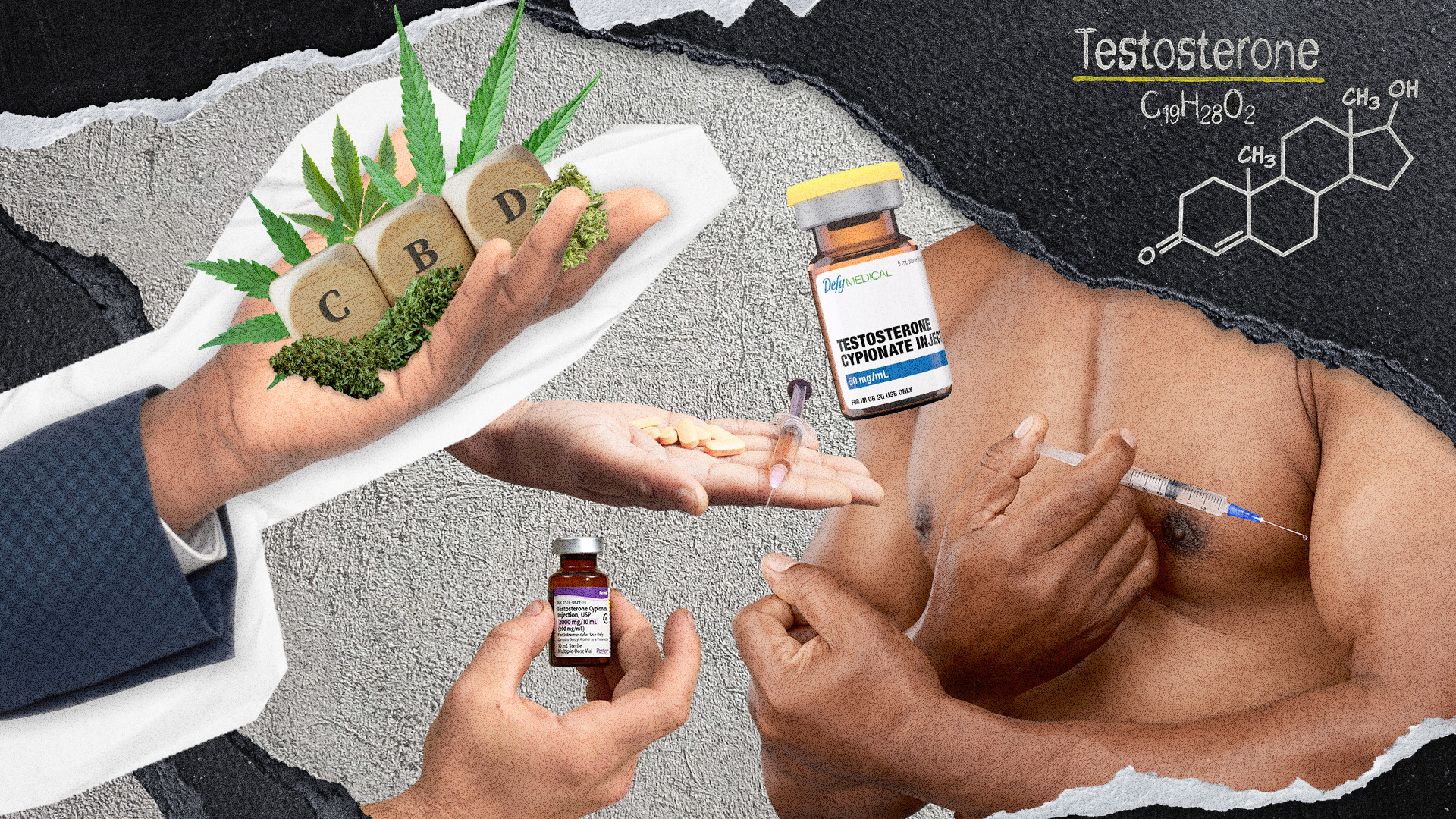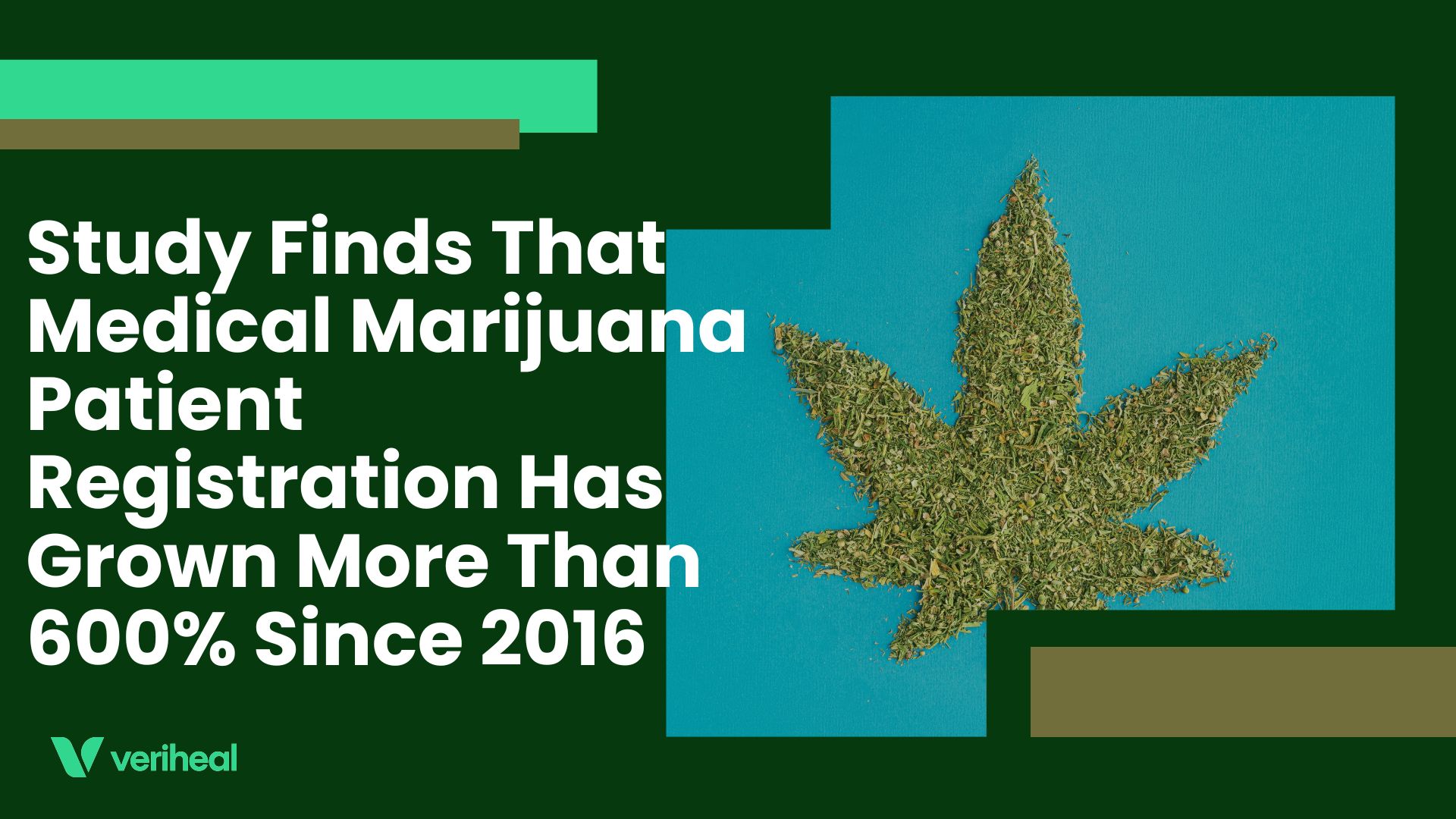On July 6, 2022, Washington, D.C. implemented a revolutionary emergency amendment to its medical cannabis program.
The Medical Marijuana Self-Certification Temporary Amendment Act of 2022 currently permits D.C. residents over the age of 21 to self-certify their intent to use cannabis for medical purposes when applying for D.C.’s Medical Cannabis Program. The act expands existing D.C. law—specifically, the Legalization of Marijuana for Medical Treatment Initiative of 1999—for a total of 225 days. Without new emergency legislation or more permanent action, the program expansion will expire on Feb. 16, 2023.
These changes to D.C.’s medical cannabis program come on the heels of a previously enacted emergency amendment focused on senior citizens: The Medical Marijuana Patient Access Extension Emergency Amendment Act of 2022 allowed D.C. residents ages 65+ to self-certify in the same fashion. This 90-day amendment expired in May 2022; however, seniors retain the self-certification option through the emergency law now in effect.
Lawmakers’ goal behind both pieces of emergency legislation has been to encourage participation in D.C.’s safe and regulated cannabis market, minimize D.C.’s notoriously unregulated “gifting” market, and advance licensed cannabis operators. Pushing D.C.’s medical program to its limits is viewed as a stopgap until federal reform enables D.C. to enact a standard adult-use program.
What Are D.C.’s New Medical Cannabis Program Rules?
Washington, D.C. residents ages 21 and over no longer require a healthcare provider to recommend certification for a medical cannabis card. Rather, 21+ residents applying for medical program benefits may self-certify their intent to use cannabis from a licensed dispensary for medical purposes.
The online Adult Patient Application has been tweaked to include a new “Self-Certification” option in the drop-down menu where applicants select a certification type. Selecting this option removes all additional fields required for certification via healthcare provider. Applicants are still required to upload a 2-inch by 2-inch photo, a copy of their government ID, and proof of D.C. residency.
To encourage participation, the Alcohol Beverage Regulation Administration (ABRA), which regulates D.C.’s Medical Cannabis Program, has made all registrations 100% free through Aug. 18, 2022. Following Aug. 18, standard registration fees will return to $100 for new and renewed registrations (or $25 for “Reduced Fee Applicants”).
According to the ABRA:
“Medical cannabis patients, including non-residents extended reciprocity, may purchase up to eight (8) ounces of cannabis within a rolling 30-day period and possess up to two (2) ounces at any time. Allowed formats include flowers, concentrates, edibles, transdermal products, seeds, and seedlings.”
Those who are not D.C. residents but do hold a valid medical cannabis card in the states listed below may also purchase medical cannabis from D.C.’s licensed dispensaries:
- Alaska
- Arizona
- Arkansas
- California
- Colorado
- Connecticut
- Delaware
- Florida
- Georgia
- Hawaii
- Illinois
- Iowa
- Maine
- Maryland
- Massachusetts
- Michigan
- Minnesota
- Mississippi
- Missouri
- Montana
- Nevada
- New Hampshire
- New Jersey
- New Mexico
- New York
- North Dakota
- Ohio
- Oklahoma
- Oregon
- Pennsylvania
- Puerto Rico
- Rhode Island
- South Dakota
- Utah
- Vermont
- Virginia
- Washington
- West Virginia
While most spectators are ogling this 21+ amendment as a clever adult-use workaround, we cannot overlook the law’s incredible impact on the patients whose needs have driven medical legalization across the United States.
A Temporary Triumph for Medical Cannabis Patients
For centuries, individuals have gravitated toward the medical benefits of cannabis to treat a staggering breadth of afflictions. Now, in 2022, Americans are just reaching a tipping point in the nation’s cultural recovery from “Reefer Madness” and the failed war on drugs—a tipping point that, in part, represents allowing patients the autonomy to choose medical cannabis treatment and access to regulated cannabis as a safe alternative to potentially problematic pharmaceuticals.
The State of Patients’ Rights and Access in America Today
The majority of America’s state medical cannabis programs still maintain a stringent list of qualifying diagnoses for which taxpaying residents are authorized to treat symptoms with regulated, quality-controlled cannabis. Generally speaking, government legislators and regulators must be convinced that each individual diagnosis is sufficiently widespread and extreme enough to deserve medical cannabis rights. The process of getting a diagnosis “qualified” may include submitting complex legal forms, applications, and appeals, testifying before committees (if one’s condition allows), building grassroots support, and—well—often being denied.
Although we know it was not D.C. lawmakers’ primary focus, granting self-certification power to patients takes the discretional authority and legal legwork out of state representatives’ hands to enable or prohibit an individual from taking advantage of a low-risk treatment they have reason to believe will alleviate their symptoms. This is particularly significant because, as well-intentioned as any single representative may be, amending the list of qualifying diagnoses may not be a top priority among the myriad of pressing issues that plague state legislators and regulators.
Do Adult-Use Cannabis Programs Meet Patient Needs?
Some might ask: “Well, if someone who wants to use cannabis for a medical purpose lives in a region with a regulated adult-use cannabis program—aren’t they just fine?”
Possibly. Those who can afford to sacrifice medical program benefits to consistently access medical cannabis treatment will be fine. But the reality is that those who choose cannabis for medical purposes and purchase it through an adult-use program miss out on benefits designed for patient accessibility and safety.
To use Illinois as an example, someone who purchases cannabis for medical purposes through the state’s adult-use program will sacrifice:
- The caregiver option: Say you wake up and the idea of fluorescent lights and long lines overwhelms you. You don’t feel prepared to drive or to cope with life’s stimuli without your medication. You can send someone to pick up your opioid prescription, but opioid risks are high and you would prefer a lower-risk treatment to alleviate your symptoms. Medical cannabis patients have the right to delegate a registered caregiver to pick up their certified medical cannabis so that individuals will not have to wait days, weeks, or more to access the remedy they prefer.
- Prioritized needs: States such as Illinois prioritize supply for patients over adult-use purchasers (as required by law). Additionally, for the safety of patients with compromised immune systems or symptoms that make the dispensary setting difficult to absorb for extended periods of time, patients are steered toward faster, patient-only lines that reduce risks to patients. It should be noted that an exceptionally broad medical program, such as the 21+ amendment currently enacted in Washington D.C., is likely to overburden patient priority measures.
- Reduced costs: Illinois adult-use purchasers are subject to a 6.25% state occupation tax, the dispensary municipality’s local occupation tax, plus a tax tiered by product form and THC level that ranges from an additional 10% to 25% of the purchase price. Illinois medical patients, however, are exempt from tax on medical cannabis sales (the tax burden is instead placed on licensed operators). Reduced costs help patients as the patient population tends to require infused products with a high percentage of THC and at a higher frequency than the average adult-use shopper. It is a concern that if all buyers purchased through the medical program, eliminating adult-use tax revenue, the heightened burden on operators would force them to raise medical product prices.
Illinois being a middle-of-the-road case study, it is clear that:
- Access to adult-use cannabis for patients without a state-qualified condition is better than no access at all, given the risks of securing cannabis from unregulated sources and crossing state lines to purchase cannabis from other states’ dispensaries.
- A program that gives patients the autonomy to do their own research and test their own experiences with safe, regulated medical cannabis through a patient-driven medical cannabis program is far superior.
- One potential downside of an overly broad medical cannabis program is a patient registration rate that reduces the effectiveness of patient safety measures. The safety issue can be balanced by the existence of caregivers.
- Another possible downside of an excessively broad medical program would be the loss of state cannabis tax revenue. If a state such as Illinois wanted to compensate for the lost revenue, it is likely to shift taxation to operators. Operators, accountable and with a fiduciary duty to investors, would be expected to shift these costs to medical consumers through increased product pricing.
One can only hope that in future legislation, studies based on the results of D.C.’s experimental, broad-access approach will be balanced with those of more highly regulated medical markets like Illinois (noting that highly regulated programs were once viewed as required by Obama-era Cole Memo standards that have since been repealed by former Attorney General Jeff Sessions). The perfect medical cannabis program can likely be found somewhere near the center of this spectrum.
Author, Share & Comments
















